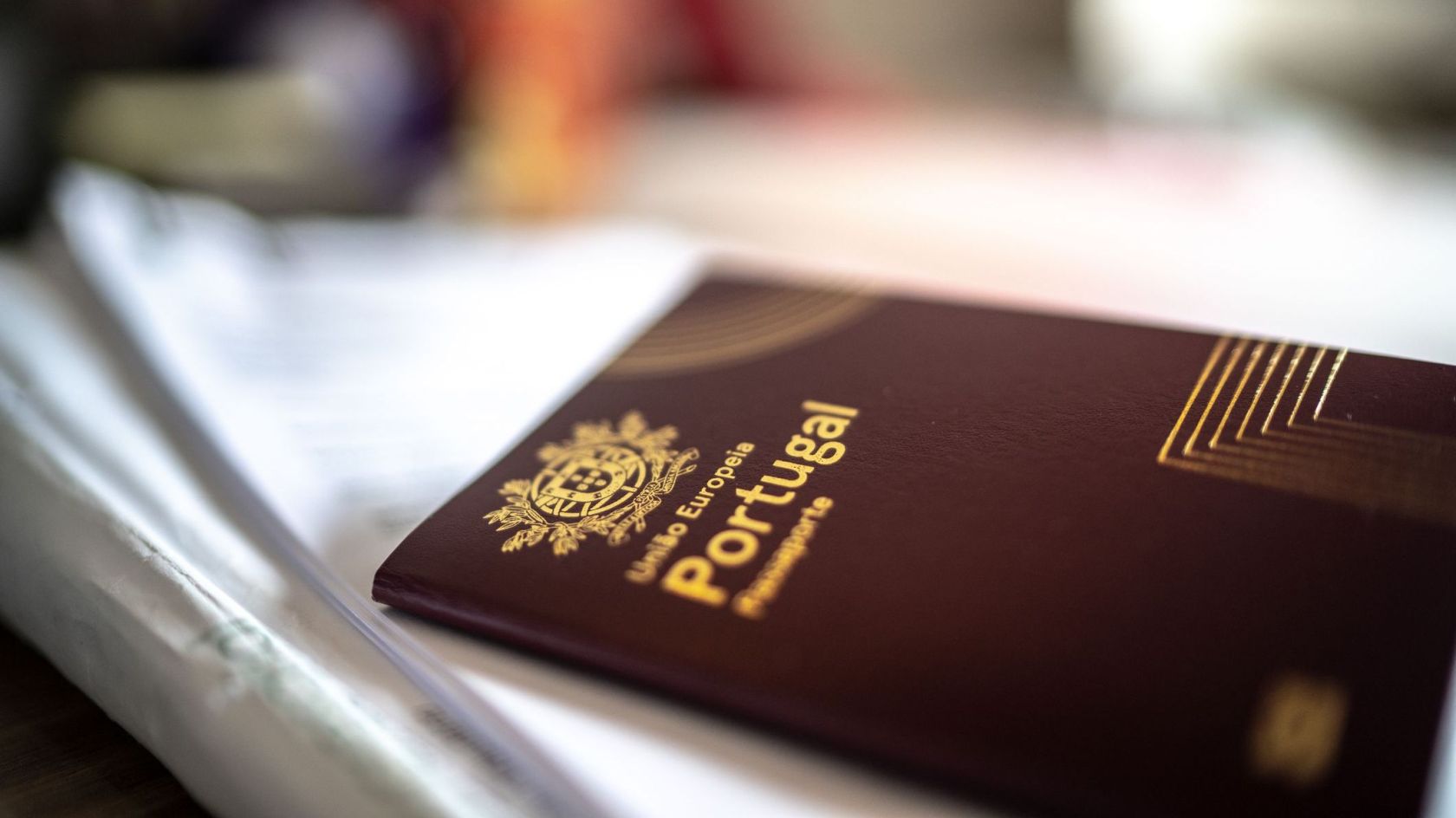The Government has presented a proposal to revise the Nationality Law which, if approved, will broadly alter almost all the pathways to acquiring nationality.
Although public debate has focused on the extension of deadlines for those applying for nationality based on length of residence, the consequences go much further: they affect children of foreigners born in Portugal, grandchildren and great-grandchildren of Portuguese nationals, spouses and de facto partners of all Portuguese citizens, both by birth and by naturalization, and they eliminate special regimes that have existed until now.
In summary, the system is becoming more demanding, with more documents, more proof of ties to Portugal, and greater scrutiny of civic and cultural integration — which will certainly result in higher costs and longer waiting times to obtain nationality.
The Most Relevant Changes for Foreign Residents in Portugal
1. Naturalization by Length of Residence for Adults
Among all the changes, the one with the greatest impact on the foreign community residing in Portugal is naturalization by length of residence.
The proposed changes are significant:
- The minimum period of legal residence increases from 5 to 10 years (or 7 years in the case of CPLP citizens);
- The count will no longer start from the date of application for a residence permit, but only from the date of issue of the residence card;
- The integration test will be expanded: in addition to the Portuguese language, it will be necessary to demonstrate knowledge of culture, rights and duties, political organization, and the principles of the Rule of Law;
- Applicants with an effective prison sentence, even if less than 3 years, will be automatically excluded.
Impact on the Families of Naturalized Citizens
Changes are also foreseen in nationality processes affecting the immediate family of naturalized citizens (and of all Portuguese citizens), as detailed below under “Spouses and De Facto Partners and Minor Children.”

Thus, even if a foreign resident manages to comply with the new, longer deadlines, their family may face their own independent obstacles. In other words, it is essential that those able to apply now do so not only for their own nationality but also simultaneously for their family. Those who wait to conclude their own nationality process before applying for spouses and minor children will become subject to additional obstacles.
2. Children of Foreigners Born in Portugal
Until now, it was enough for one parent to be residing legally in Portugal, or — if in an irregular situation — to have been living there for at least 1 year, for their child born in Portugal to automatically be considered a Portuguese national by birth.
With the proposal, this will no longer be automatic:
- It will now require 3 years of proven legal residence (periods of illegality or shorter duration are not admitted) by one of the parents;
- An express declaration of intent to grant nationality to the child will be required.
3. Naturalization of Minors Born in Portugal
Minors born in Portugal who did not meet the requirements at the time of birth to obtain nationality by origin could still apply for naturalization. In these cases as well, changes are foreseen:
- Only possible if the parent has 5 years of legal residence (periods of illegality or shorter duration are not admitted);
- Cumulatively, the child must be regularly enrolled in compulsory education in Portugal.
The Most Relevant Changes for Relatives of Portuguese Citizens
1. Spouses, De Facto Partners, and Minor Children
The closest family members will now face a process that requires more proof, which means, at the very least, a lengthier process:
- Proof of knowledge of the Portuguese language will be required in many cases;
- In addition, it will be necessary to demonstrate knowledge of culture, rights and duties, political organization, and the principles of the Rule of Law;
- Applicants with an effective prison sentence, even if less than 3 years, will be automatically excluded;
- The deadline for judicial opposition to nationality is extended to two years after the nationality is registered;
- In the case of a de facto union, the process may only proceed after a Portuguese court ruling that recognizes the union.

2. Grandchildren of Portuguese Citizens
Even for nationality by origin, through descent as a grandchild, the requirements are becoming stricter, and the processes for these applicants and for later generations will also take even longer:
- Proof of effective ties will be stricter: in addition to Portuguese language, it will be necessary to demonstrate knowledge of culture, rights and duties, political organization, and the principles of the Rule of Law;
- Applicants with an effective prison sentence, even if less than 3 years, will be automatically excluded.
3. Great-Grandchildren and Later Generations
Direct nationality through naturalization will be limited to great-grandchildren — in other words, before, great-great-grandchildren and even later generations could, in theory, naturalize. Furthermore, the process will become more complex:
- Proof of knowledge of the Portuguese language will be required;
- In addition, it will be necessary to demonstrate knowledge of culture, rights and duties, political organization, and the principles of the Rule of Law;
- Applicants with an effective prison sentence, even if less than 3 years, will be automatically excluded.
Eliminated Processes – Extinct Possibilities
Several types of process will simply cease to exist, and those who do not act now may never again have access to Portuguese nationality:
- Sephardic Jews;
- Ascendants of Portuguese nationals by origin;
- Those who once had Portuguese nationality and lost it (e.g., those born in former colonies before independence);
- Those residing in Portugal for less than 5 years as of 25.04.1974;
- Children born in Portugal to parents in an irregular situation.

Reinforced Cross-Cutting Rules
For most nationality processes, the path will become longer, more demanding, and subject to greater uncertainty.
- In all naturalizations, the residence period will now be counted only from the residence card;
- Exclusion due to an effective prison sentence is generalized across all pathways that already provided for criminal impediments;
- Proof of ties is extended to many types of processes that previously did not require it, and in addition to Portuguese language, it will be necessary to demonstrate knowledge of culture, rights and duties, political organization, and the principles of the Rule of Law.
Conclusion
The proposal signals a paradigm shift: more than formal criteria and deadlines, emphasis will be placed on integration and effective ties, while any type of criminal conviction will constitute a bar.
The text will still be debated and may undergo changes; Parliament is expected to return to the matter in the third week of September. However, the trend is clear: access to Portuguese nationality will become more restrictive and time-consuming.
For foreign residents, as well as for relatives of Portuguese citizens, the advice is clear: those who already meet the current requirements should consider applying without delay, because tomorrow the path will be harder and slower. Even those who do not yet qualify should prepare and plan now in order to act.
Lamares, Capela & Associados
T. (+351) 911 942 346
E. info@lamarescapela.pt
www.lamarescapela.pt
Av. de Berna, nº 11, 3º andar, 1050-036 Lisboa












It’s about time somebody closed the door! Try getting into Switzerland . It’s been far too easy far too long to “Let’s move to Portugal” mania and now look at the Slam the door on immigration.
By Alan from Porto on 13 Sep 2025, 07:44